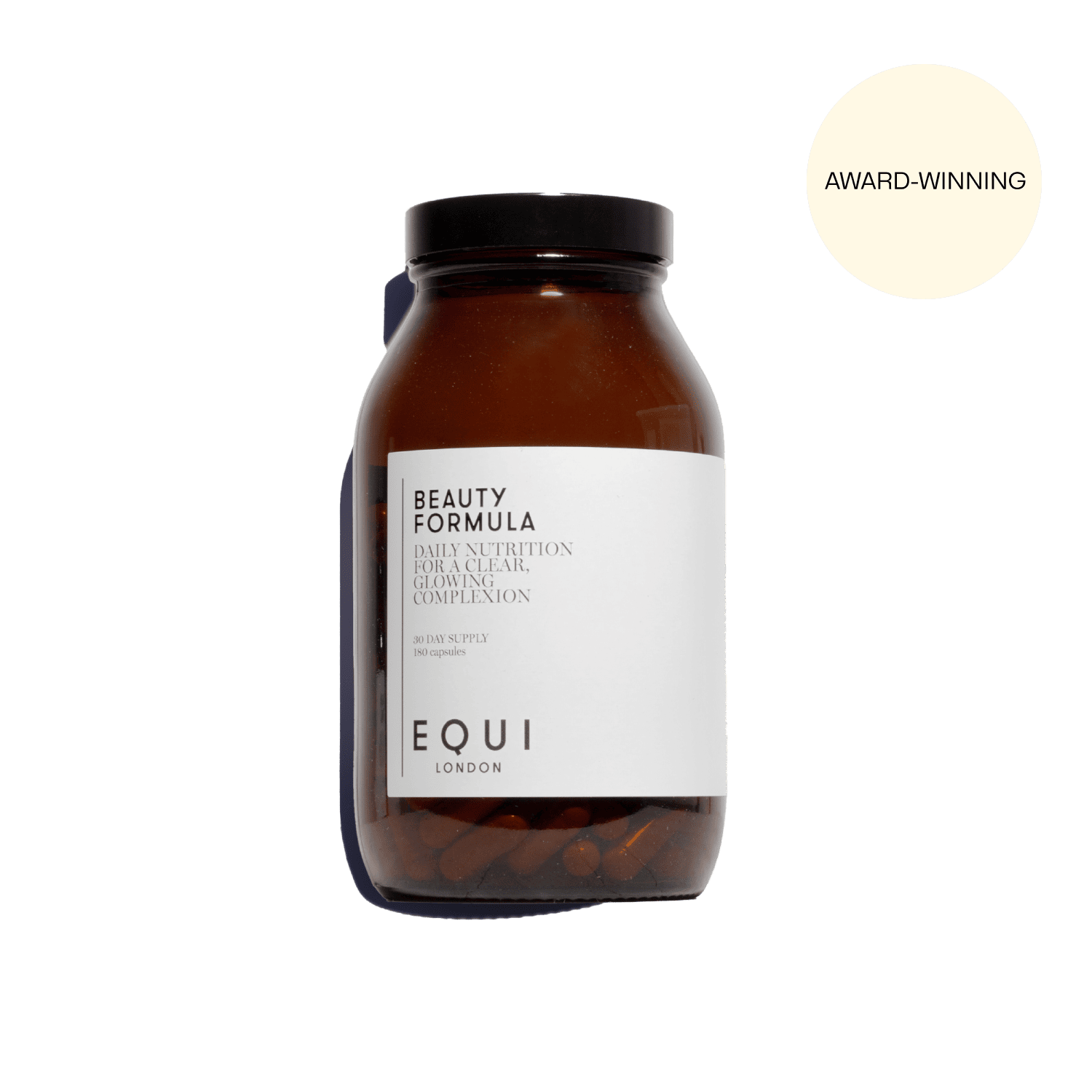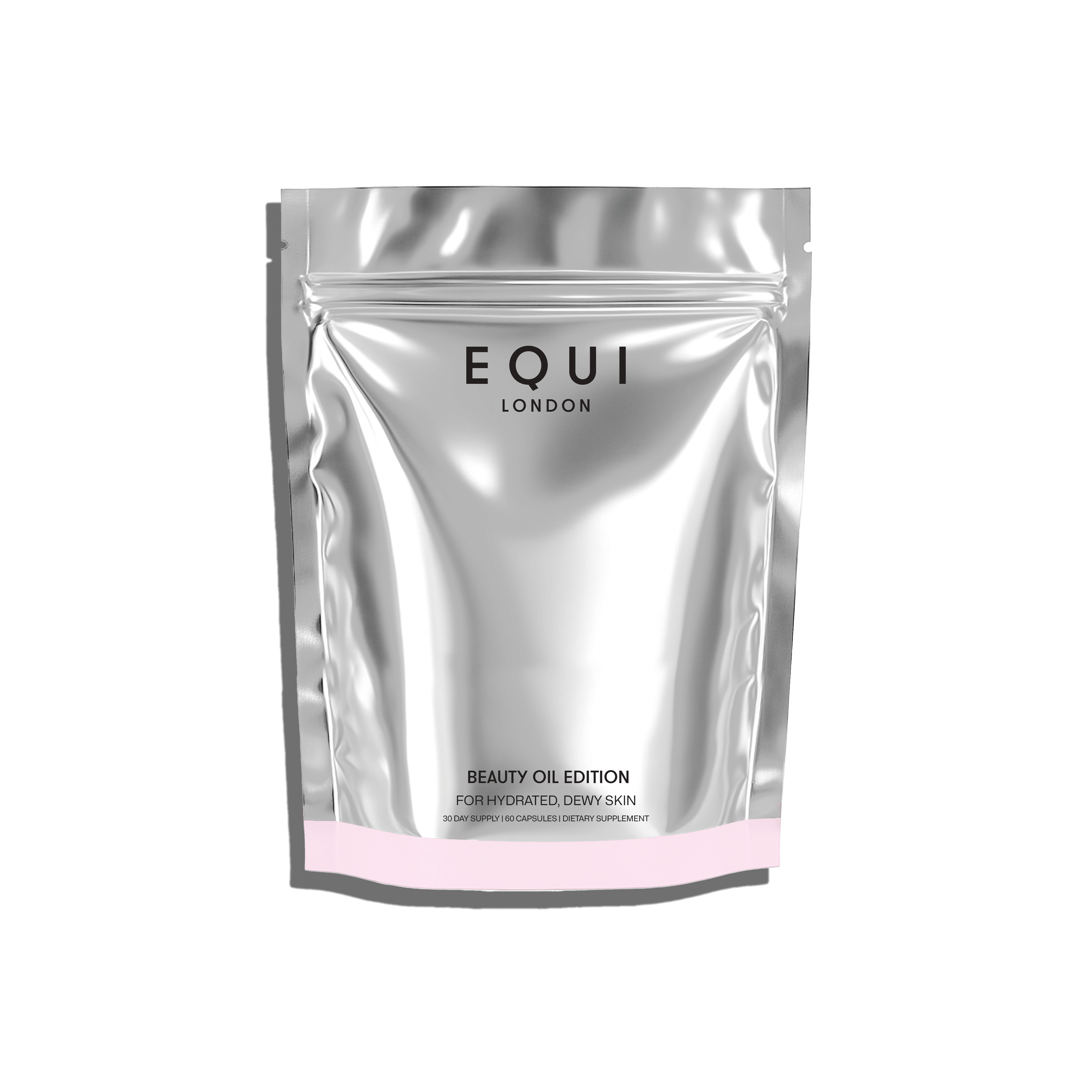
Snacking has always divided opinions – should we, shouldn’t we, how often and what? Over the last 10 years we seem to have settled on the idea that snacking is the way to go - don’t leave too long between meals, don’t let blood sugar dip too much and have more regular, smaller meals to keep metabolism supported.
Leaving too long between meals can put you into starvation mode right?! And so that makes you get fat when you do eat? And what about sleep – you can’t sleep go to bed without having a snack before bed can you?!
It turns out this science has now been proved wrong
Before we start on this track, lets just acknowledge the fact that everyone is different. Some people really find they cannot get through the day without a snack in the afternoon. Those doing a lot of physical work or training may also need more food, and pregnant ladies of course have to change their eating habits.
However, for the majority of people who are healthy, don’t have diagnosed health issues or complaints and know how to eat properly at meal times, the answer is that it’s time to put down the snack.
A typical day of eating and snacking might look like this:
- Breakfast – bowl of porridge or a piece of toast
- Snack after the gym, or a mid-morning latte, or a piece of fruit in the office with a green tea.
- Lunch – sandwich, salad or wrap
- Afternoon slump – biscuit, tea or a coffee. Maybe a protein pot from Pret-a-Manger if it's a Monday-Thursday and youre trying to be healthy.
- Dinner – stir fry with rice, or a curry or risotto, pasta.
- Between dinner and bed – chocolate in front of the TV, maybe a hob knob, a banana, or some yoghurt. Maybe a small cup of milk before bed.
You get the picture – many of us don’t like to leave too long without eating, and 2-3 hours is the longest we go without a cup of tea, a nibble on some fruit, coffee, snack or meal.
Why it’s time to put down the snack
The body is deigned to have periods of time where it isn’t having to deal with food. Having time over the course of the day where you are not eating and just drinking water, which is technically known as ‘fasting’, does seem to be very beneficial for the body.
Fasting sounds really scary – but this isn’t about being deprived or starving hungry all the time. It’s just about leaving time for the body to do important tasks between meals.
Here are some of the benefits:
- Less bloating
- Gentle, sustainable and safe weight loss that really lasts
- More energy
- Better blood sugar control
- More brain power
- Less risk of diabetes, obesity and cardiovascular diseases.
- Some research also points towards less chance of developing neurological disorders such as Parkinson’s or Alzheimer’s
- Slower ageing – skin, brain, musculoskeletal systems etc. More research is needed here but human trials are showing incredible results!
You aren’t going to be starving all the time
Though there are different types of fasting, one of the biggest things to understand about this is that this doesn’t mean you can’t eat during the day or have to eat less overall. Yes, intermittent fasting (IF) can be more tricky as this involves having set periods of time where you can’t eat such as 16:8 (where you should fast for 16 hours each day and eat all calories in a 8 hour window) or 5:2 diet (where you significantly cut back calories for 2 days a week and then resume normal calories on 5 days).
However, you don’t have to do go this far to benefit from fasting – you just have to STOP SNACKING SO MUCH!!
What and how should you be eating?
Research was conducted on two different groups of mice. All the mice had exactly the same amounts and types of food, but 1 group could eat it whenever they wanted to and graze all day, whilst the other could only eat at three set intervals. The mice that had more regimented eating patterns burnt more fat than the grazer rats, and though human physiology is different to mice, these kind of results seem to be replicated in humans too.
The simplest way to incorporate this safely into your life is to try and stick to the following:

- Have three meals per day, and try not to eat anything in between.
- 4-5 hours is the ideal amount of time and you can go longer if needed.
- You don’t need to cut back calories at meals and in fact this may hinder the whole process as you’ll crave more and have lower energy. Stick to the general guidelines (2000 for women, 2500 for men per day) or slightly less or more depending on your needs.
- Eat hearty meals that contain protein, wholegrain/slow release carbs and healthy fats. Make sure you get 7 portions of veggies per day included with these meals.
- We totally appreciate that not snacking is not always possible - work events, travel, kids, socialising, weekends away.. and that is absolutely fine. Just aim to do this when you can and you are on to a winner.
- A 12 hour overnight fast is another way to get the body into fast mode. This means you stop eating after dinner, say around around 8:30pm (and really stop!) and don't eat again until 8:30am. This replicates many of the positive effects of day time fasting but is easier to incorporate if you don't always have a hold on your schedule.
- Expect to be hungry as you get closer to meal times. Whilst we aren’t suggesting you should go until you faint, being hungry before a meal and anticipating food may help you digest better and focus more on the food you’re about to eat, rather than mindless eating.
- Workouts can mean you need to fit in one extra snack, so do this intelligently as and when necessary. For example, if you work out in the mornings and need something before you go, have a piece of fruit with nut butter or a smoothie or a veggie juice, then have a bigger breakfast afterwards.
- Coffee and tea/green tea (even without sugar or milk) don't strictly count because the caffeine raise our blood sugar. This doesn't mean you can have them at all, just that it should be after a meal and not between them. Herbal teas between melas are better, but water is best.
- On that subject, don't forget to drink water - many of us mistake hunger for thirst!
- Don’t confuse stomach rumbling for hunger… the two are not mutually exclusive. Sometimes our tummies rumble because processes are happening to break down food and keep digestion healthy. It’s not always because you need to eat!
- And no, this doesn't mean you can eat McDonalds for lunch everyday and lose weight - the nutritious properties of the meals you eat will likely help the whole process along AND they are essential for skin, energy, mood, immunity, hormone balance and everything else!
Lastly – start slow because if you like to snack now then this process can take time to get used to. If you need to snack (especially in the afternoons) then do, and give your body time to get used to the adjustment.
Do you fast? How do you do it? Do you like it, hate it, or not notice any changes when you do it? We would love to hear from you!
Disclaimer: No one diet or supplement regime works for everyone and you should always seek help from a GP and registered health expert before making changes to your diet, or before introducing any supplements.












